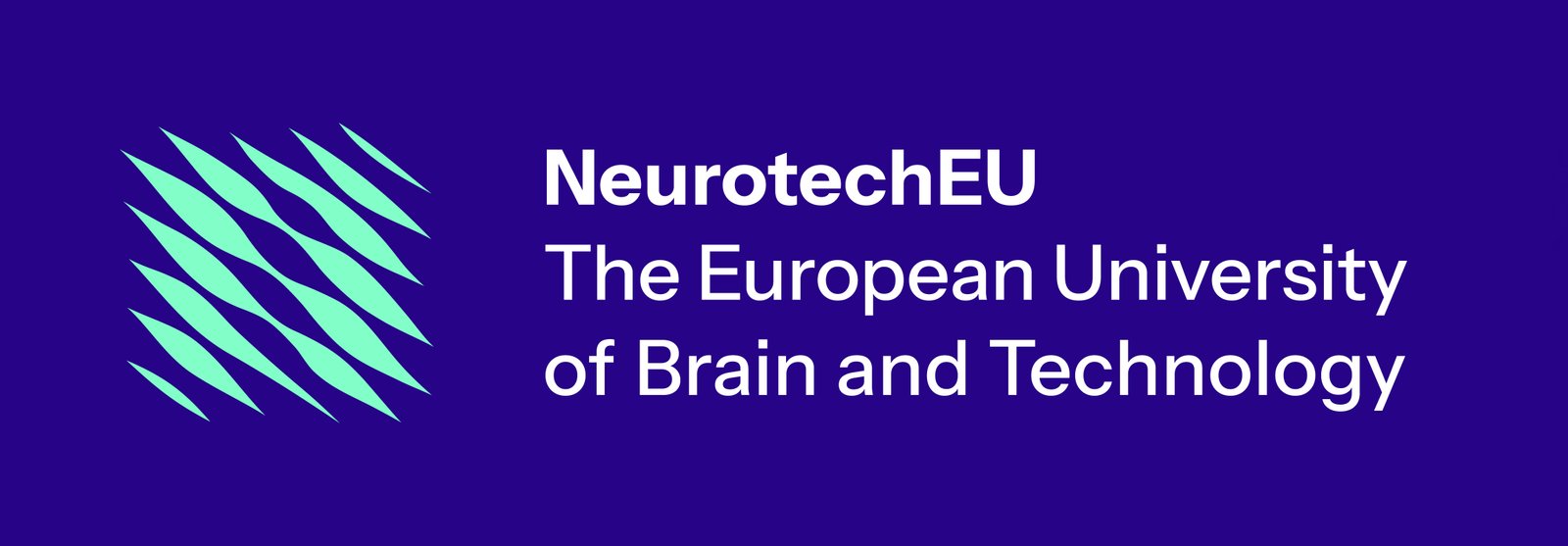Learning Differently with AI? | Lecture and Discussion with Educational Scientist Inge Molenaar and Neuroscientist Frank Léoné
What role will artificial intelligence play in shaping how we learn? Will it take over parts of our learning process, or will it empower us to become even more effective learners? These questions were at the heart of an engaging session with educational scientist Inge Molenaar and neuroscientist Frank Léoné, organized by Radboud Reflects and NeurotechEU. You can now watch the entire Dutch event on YouTube with English subtitles, to dive deeper into this important topic.
Inge Molenaar and neuroscientist Frank Léoné explored how AI might fundamentally change learning—and what these changes could mean for society. Since our ways of thinking are shaped by how we learn, AI’s role in education may have profound implications. Ethicist Marcel Becker moderated the discussion, guiding a thought-provoking exchange about the future of AI in education.
Inge Molenaar opened by describing a future of hybrid education where AI and teachers collaboratively enhance learning. She emphasized that education’s purpose is not only about acquiring knowledge but also about nurturing talents. As education evolves, AI serves as another tool to support both students and teachers, assisting without replacing human intelligence. Molenaar highlighted that only about 6% of teaching tasks could potentially be automated by AI, while the real potential lies in partnerships between human and AI.
Molenaar further explained the distinctions between general-purpose AI and educational AI, developed specifically to support learning. In the Netherlands, around half of primary school students already use adaptive AI-powered tools, making education increasingly personalized. This technology can gather and analyze data to reveal insights into individual learning processes, helping students understand and reflect on how they learn.
Frank Léoné focused on motivation, exploring how AI can support it by borrowing concepts from gaming. Children are often more motivated by video games than schoolwork because games offer rewards at just the right times. This principle of "supernormal stimuli" could be used in educational AI to make learning materials more engaging. However, Léoné warned of the pitfalls of a purely reward-based approach, emphasizing the importance of intrinsic motivation and meaning in learning. He encouraged viewers to reflect on their own motivations for learning—whether for knowledge, social connection, or a sense of purpose—and suggested that AI could be designed to support these deeper motivations.
The Future of AI in Education
The event wrapped up with a discussion on the importance of balancing AI with human intelligence in the classroom. Molenaar and Léoné both agreed that hybrid education with AI has great potential but should remain focused on personal growth and meaningful motivation, rather than just efficiency and rewards.
Watch the Event Online
If you missed the event or want to revisit the discussion, the full lecture and conversation with Inge Molenaar and Frank Léoné is available on YouTube with subtitles. This programme is a collaboration between Radboud Reflects and NeurotechEU, and it’s essential viewing for anyone interested in the intersection of AI and education.

